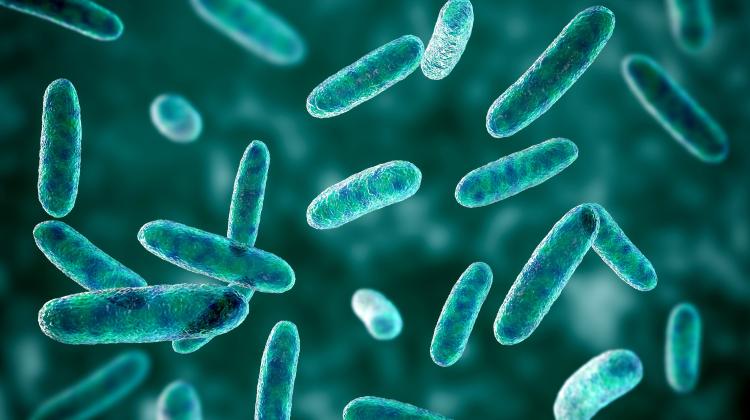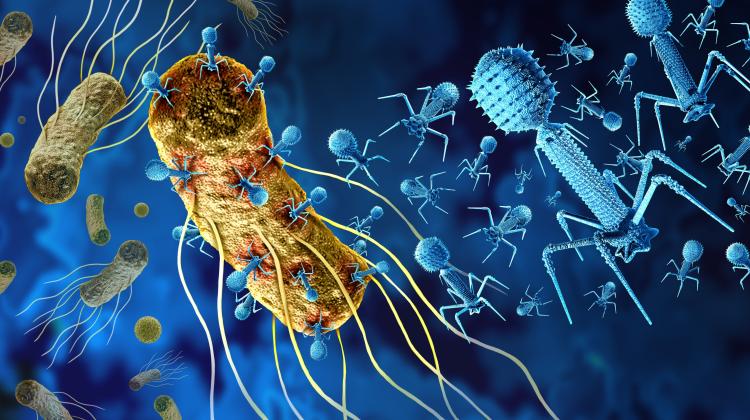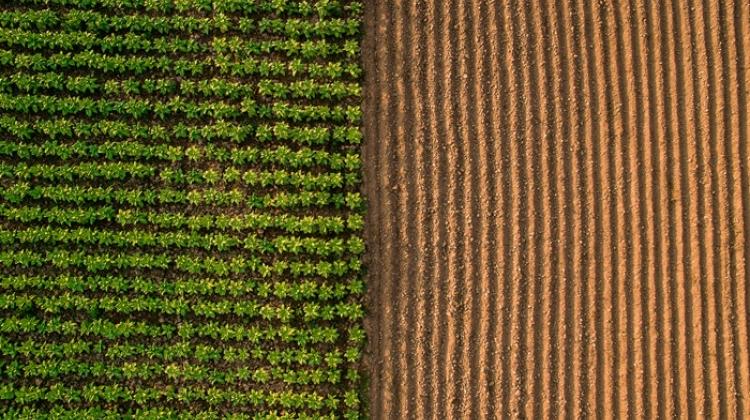Virulent bacteria in food and feed

Some bacteria persist in the food despite low temperatures, salt and fixative processes. They form a biofilm resistant to disinfectants and antibiotics. Understanding this mechanism will allow to search for an inhibitor, which is a substance that inhibits the formation of this protective layer of bacteria.
This could solve the problem of poisoning, which in humans may cause sepsis, meningitis and miscarriage, and bring losses to breeders of animals, including poultry.
According to Dr. Ewa Wałecka-Zacharska from the University of Life Sciences in Wrocław, biofilm is a spatial structure of bacteria and other microorganisms, surrounded by a layer of extracellular polymers with adhesive properties. Adhesion involved the formation of non-durable chemical bonds, it is used, for example, in the process of gluing and painting. A biofilm is a protective barrier for bacteria, protecting them from adverse external factors, such as oxygen, various disinfectants and antibiotics.
"If we knew the mechanism of regulation of the formation of such biofilm, we could try to find a suitable inhibitor, thereby reducing the problem of antibiotic resistance in the treatment of patients, or reducing infections in the poultry population" - said Dr. Zacharska, winner of the START scholarship of the Foundation for Polish Science.
The most important part of her research so far has focused on the effects of environmental stress, for example treatment with various chemicals and temperature changes, on the virulence of Listeria monocytognes. The virulence of microorganisms is their ability to penetrate, proliferate and damage the tissues of infected organism.
The bacteria studied by Dr. Zacharska is a pathogen transmitted primarily in food. But the preservation processes may not reduce the amount of Listeria monocytogenes in food, because the pathogen tolerates low temperatures, high salt concentrations and low pH.
"What\'s more, bacteria that survive such a process can initiate stress response and, consequently, increase their resistance to further stressor doses and change their virulence" - emphasised the researcher.
Dr. Ewa Wałecka-Zacharska is a fellow at Augusta University in the United States, in Prof. Stuart Thompson\'s team. Scientists investigating the mechanism of regulation of biofilm formation in Campylobacter jejuni. The task of the Polish researcher is to determine the functions of several previously uncharacterised genes involved in the production of polymers in the process of biofilm formation.
"Campylobacter is the number one in Europe and the second most common cause of poisoning bacteria in Poland. In the United States each year there are more than 2 million cases of food poisoning caused by these bacteria. They are a major problem in the food industry and health care" - explained Dr. Zacharska.
In the world there are several other centres dealing with this problem, including the team of Prof. Elaine Allan from the UK, Prof. Erin Gaynor from Canada and Prof. Christine Szymanski from the US. Professor Thompson works with Dr. Artur Muszyński and Dr. Russ Carlson of the University of Georgia Complex Carbohydrate Research Center, who help identify the sugar component used in the process of biofilm formation.
START scholarship is a great honour for Dr Zacharska, but also a motivation for further scientific development. The researcher admitted that it allows to concentrate on research work, freeing from mundane worries of material nature, and at the same time obliges the winners to prove they deserve this award.
PAP - Science and Scholarship in Poland, Karolina Duszczyk
kol/ agt/ mrt/
tr. RL
Przed dodaniem komentarza prosimy o zapoznanie z Regulaminem forum serwisu Nauka w Polsce.


















